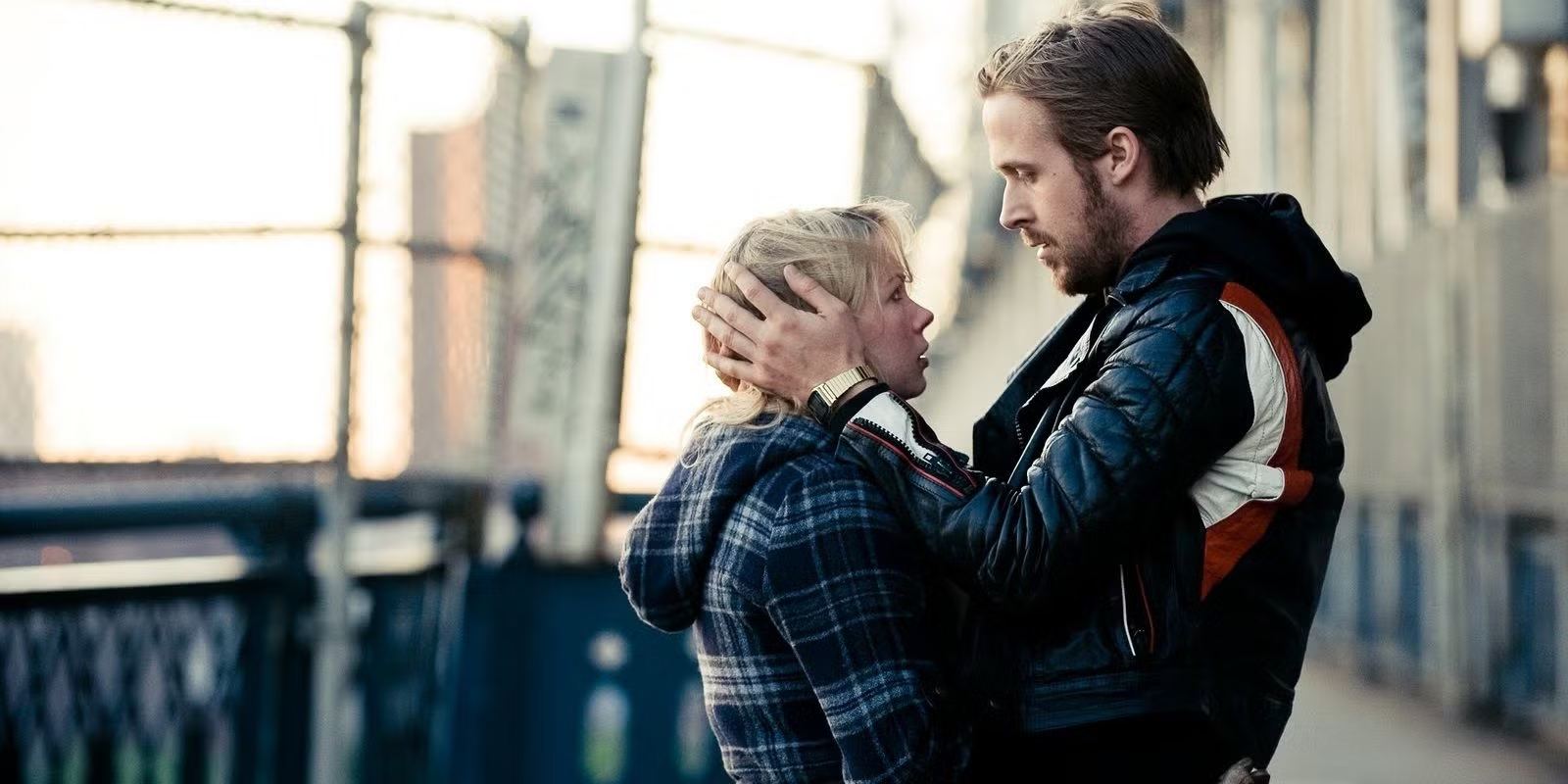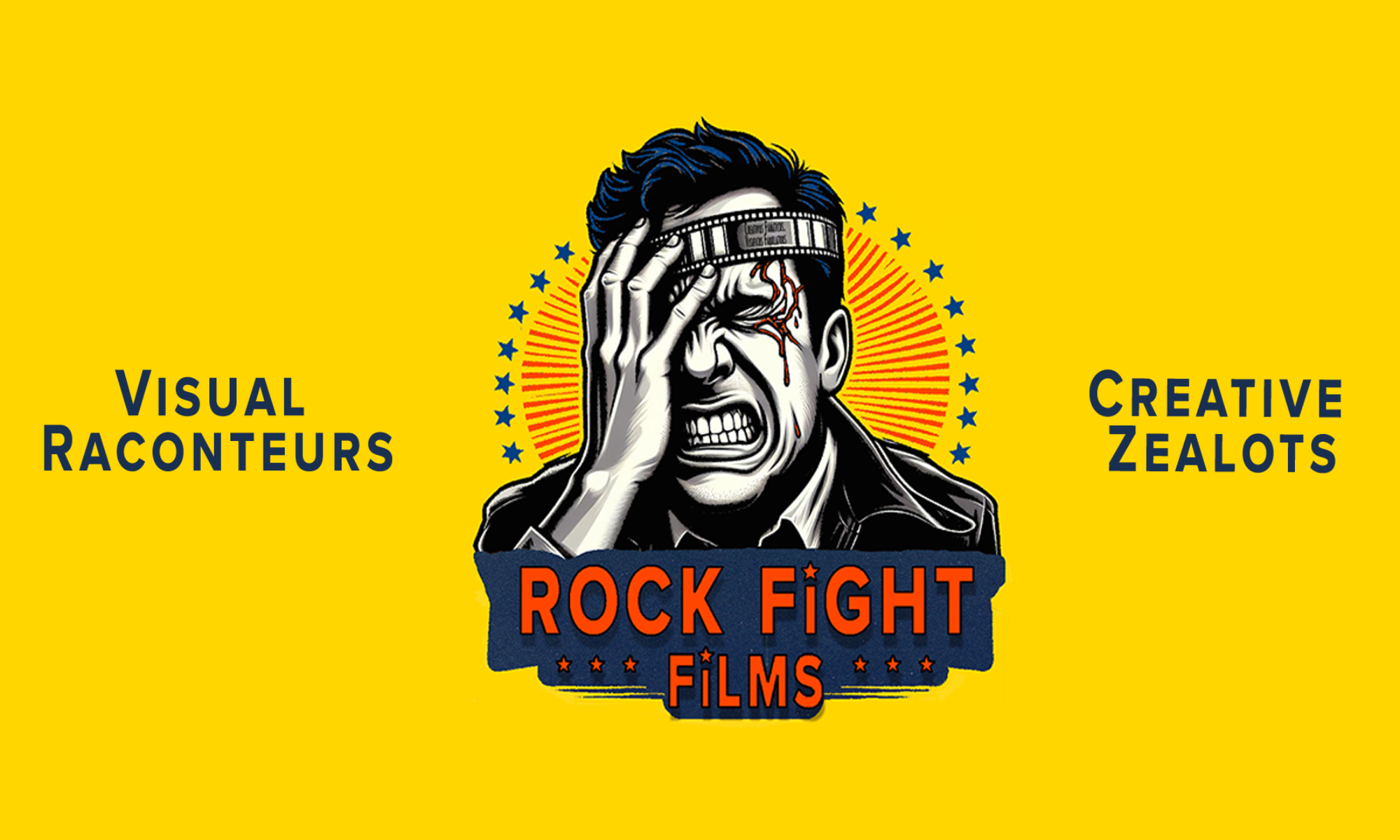5 MIN READ
Making a short film is fun but also a lot of work, especially when pulling everything together on a tight budget and schedule. You think a short film should be simple, but the more you plan, the clearer it becomes: even short ones demand far more effort than most people realize.
Script Struggles

Let’s start with the script. The first draft usually sucks. You might get some good lines, maybe great ideas, but overall, it’s rarely a home run.
By the time you get to Version 3 (where I am now), you’re second-guessing every change. Every tweak sparks the same questions: Is this better? Did I ruin it? Why do I suck? I tend to overwrite, only to pare it back to the “final” version. But the story is never really done. Eventually, you must commit and move forward. Otherwise, nothing happens.
The Grind: Pre-Production

At some point, you have to dive into pre-production. You’ll need to lock locations, sort equipment, and gather props and costumes. Then there’s the stuff you CAN’T control—weather, last-minute changes, technical issues. Let’s not forget securing insurance so one mishap doesn’t tank the shoot.
It’s a lot of hurry-up-and-wait, bouncing between tracking down a vehicle (DONE!) to worrying about how much time you have before your first day on set. And just when you think you’re set, you realize you haven’t even started rehearsals. You always feel under the gun because once cameras roll, there’s no turning back.
A Million Tiny Details: Script Breakdown

The script is the foundation; the rest is a mess of logistics and problem-solving. Once it’s “done,” it gets broken down, pulling out every detail needed to make it real: props, locations, costumes, timing. It’s all the stuff—explicit and implicit—that may or may not be in the script. And that’s when I realize how many details I’ve missed.
Budgeting the Dream

You have a vision, but reality kicks in fast once you start making a budget. No one wants to sacrifice their ideas, but money runs out quickly. Props, permits, extra shoot days—it all adds up. Making it work takes friends, favors, and a lot of frugality.
For this shoot, I’ve secured permit-free locations through friends and called in a favor for a 1968 Plymouth Newport. Still, no matter how much I plan, surprise expenses always pop up. Filmmaking is expensive, and getting it right isn’t cheap.
A Wide Net: Casting for the Perfect Fit

Casting isn’t just about picking the best audition; it’s about finding someone who is the role. The right actor brings something unexpected, making the character feel real.
But first, there’s the grind: posting, submissions, auditions, callbacks, and hoping your top choice is available. Even then, schedules need to align, rehearsals must happen, and you hope the chemistry works. No matter how much you plan, it’s hard to know until the cameras roll.
Unsung Heroes: Crew

Even with great actors, you’re dead in the water without a solid crew. DPs make the film visually interesting, a sound person keeps the audio clean, the editor stitches it together, and the producer or AD keeps things moving.
It’s a balancing act. Everyone has their vision, and as the director, it’s my job to keep it aligned. Trust is key—trust everyone shows up, does their job, and elevates the film. But even with the best team, things go off track. And when they do, we’re all scrambling to fix it.
Final Push: Post-Production

Post-production: the real work begins. Editing, color correction, sound design— this is where the film actually takes shape. Everything you thought was finished gets picked apart and refined. It’s endless, tedious, and full of late nights tweaking tiny details that seem minor but make all the difference.
At the end of the day, you’re left with a finished product—but it’s hard to truly feel like you’ve “finished.” You’ve spent so much time and energy getting here that the idea of watching the film for the first time and saying, “Yep, that’s it. We’re done,” seems impossible.
DIY Hustle: Marketing

If filmmaking is tough, marketing is tiougher. You’re building the ship while you are launching .
You got to start months in advance—teasers, behind-the-scenes clips, constant updates—to keep people interested. Before you catch your breath, it’s time to submit to festivals and map out a strategy.
And even then, you can’t just sit back. The grind continues—building support, gaining interest, getting feedback, making sure the right people see it. A great short film isn’t enough to get noticed. Marketing is what makes it stand out.
And…That’s a Wrap
 Making a short film is more than just an idea—it’s a journey full of challenges. It’s stressful, exhausting, and often frustrating, but the reward is worth every late night and tough decision. You’ll gain a deep respect for the craft, and when it’s done, you’ll understand why it’s all worth it.
Making a short film is more than just an idea—it’s a journey full of challenges. It’s stressful, exhausting, and often frustrating, but the reward is worth every late night and tough decision. You’ll gain a deep respect for the craft, and when it’s done, you’ll understand why it’s all worth it.
Thinking about making a short film? Be ready for the hard work and unexpected bumps along the way. But that’s the ride.
For more filmmaking tips, sign up for our blog below and stay updated!











